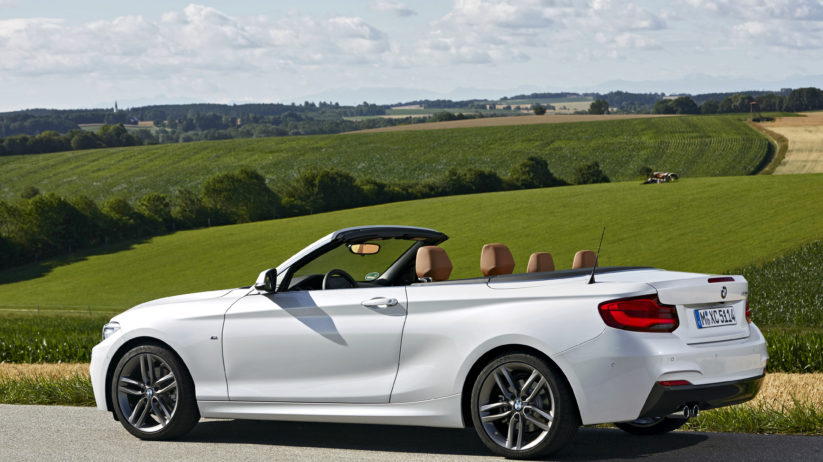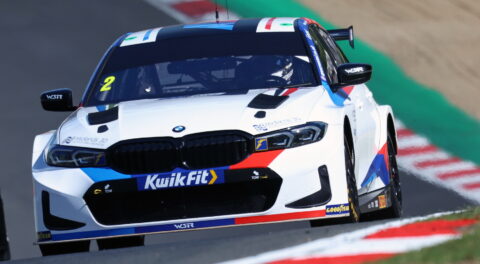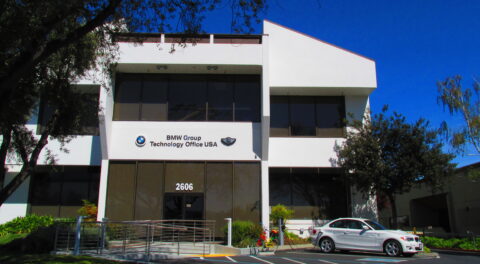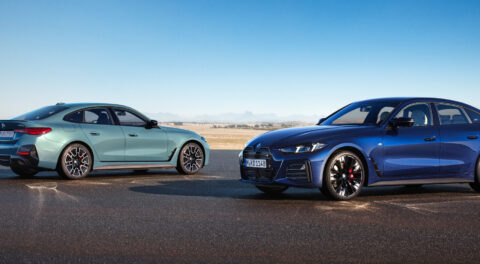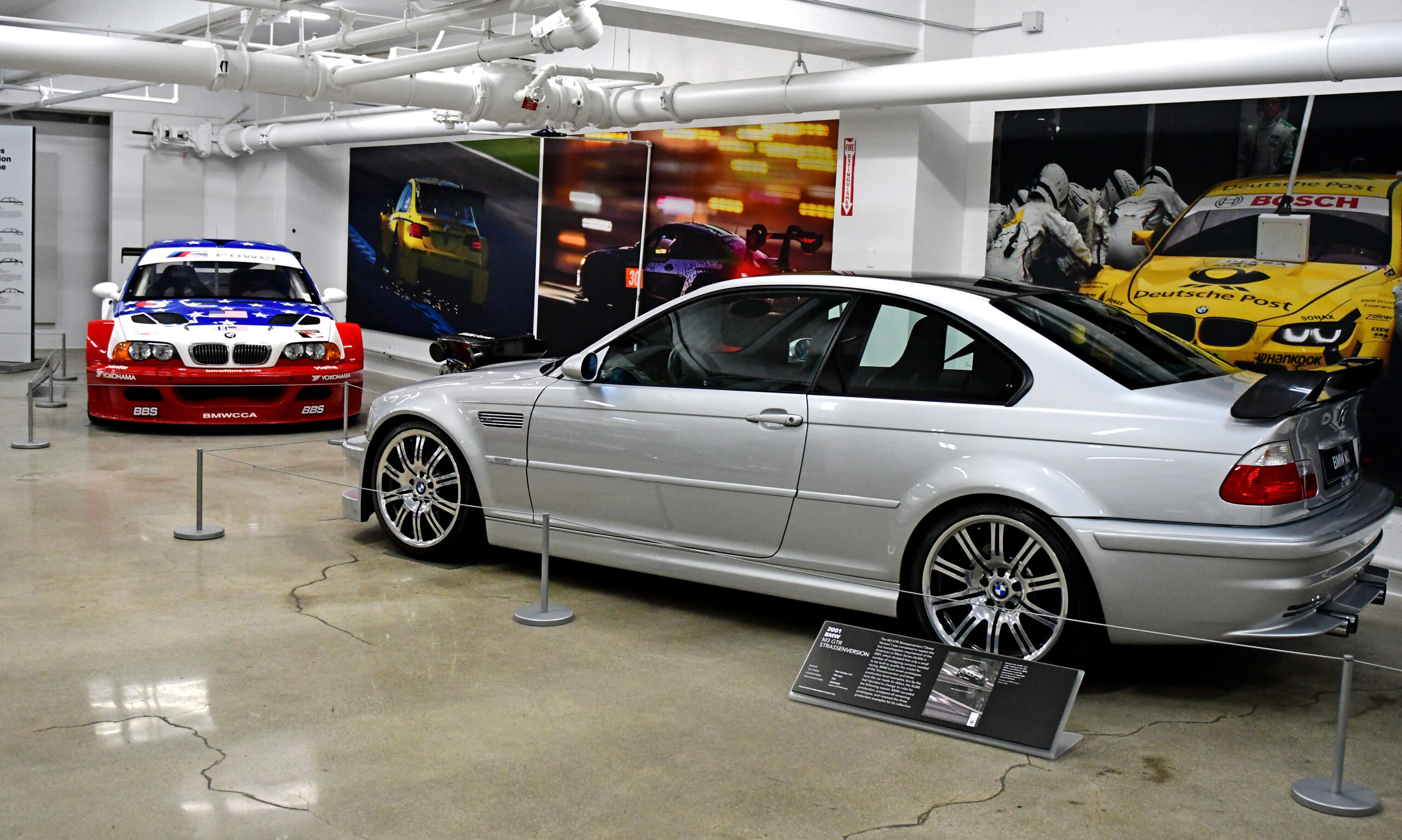European automotive news media outlet Automobile is reporting that BMW’s lackluster financial results for last year and the beginning of 2019, along with a questionable global outlook, are prompting discussion by management of potentially drastic measures. According to a recent article, several current models are currently on the chopping block, as strain from internal expenditure on new factories and electrified models cuts into return on investment and profitability. These problems aren’t unique to BMW, but with one of the broadest and most varied model lineups of any automaker, even an incredibly capable global production system that can shrug off ebbs and flows isn’t enough to ensure profitability into the uncertain automotive landscape of the future.
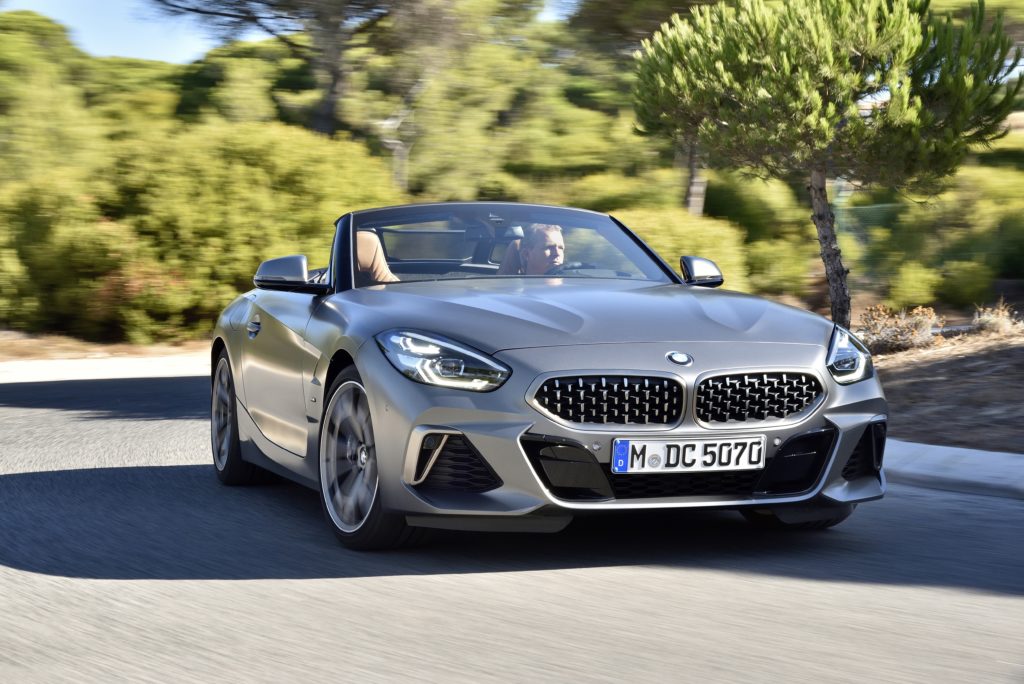
So what’s getting nixed from the lineup? The models might shock you. Automobile claims that, in addition to recent casualties like the 3 Series Gran Turismo, 2 Series Gran Tourer, and three-door 1 Series, more recently introduced BMWs like the short wheelbase 7 Series, conventional 8 Series coupe and convertible, along with the 2 Series droptop, X2, and even a next-gen (G29 replacement) Z4 could be facing elimination.
For those keeping track, a few of these models are very recent additions to the portfolio, some of which required serious investment in the form of research and development. Likewise, some are quite important to brand image as well, like the Z4 and 8 Series, while others have been consistent slow sellers, like the 2 Series convertible and 3 Series GT. The new and somewhat bizarre, yet practical 6 Series GT is another likely contender, but is currently safe thanks it being favored by high-ranking management.
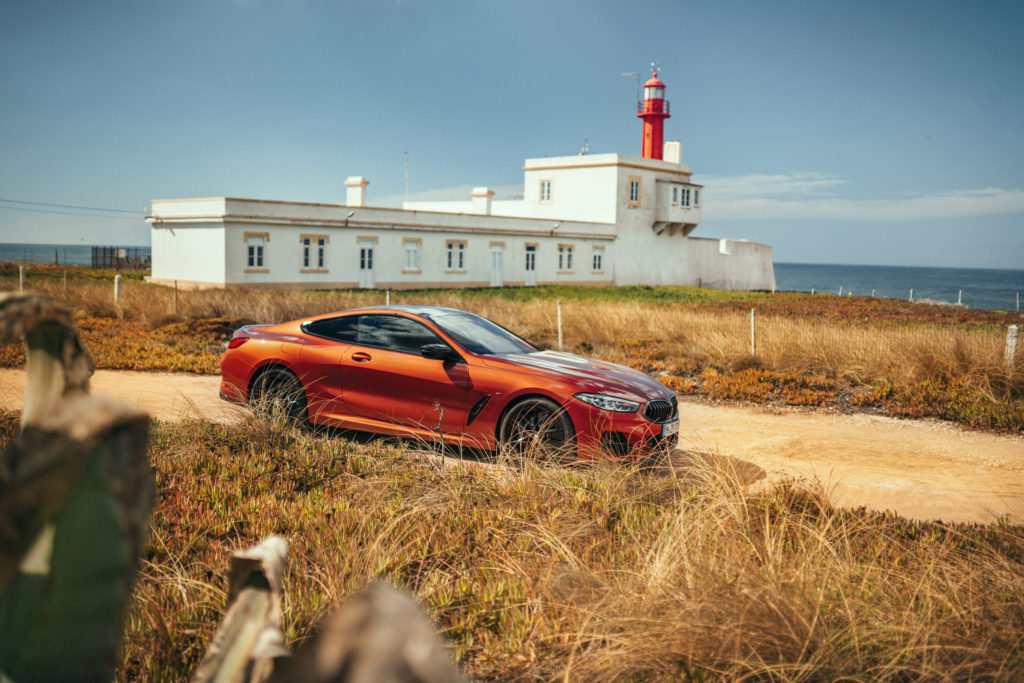
Automobile goes on to explain that shares of BMW stock have fallen nearly 50% since 2015, a year that many are now retroactively labeling, “peak car.” Meanwhile, even with record setting sales in the years since, earnings decreased 22% during 2018, and return on investment declined from 9.2% to 7.2%, with further decreases on the way according to executives, that could drag the important performance metric as low as 4.5%. BMW has also historically enjoyed high profit margins, sometimes even the highest in the world. This changed last year when BMW’s 11.4% profit margin was bested by Suzuki, which posted 11.8%. A large antitrust penalty is also weighing on things, with the board having set aside $1,600,000,000 after a European Union investigatory probe revealed potential emissions tech collusion between BMW, Daimler, and Volkswagen.
Elsewhere, BMW just completed construction of a $1,000,000,000 factory in Mexico with annual capacity of 175,000 units, while ground was broken on another facility in Hungary, this time with a 150,000 unit capacity, roughly a year ago. Couple these projects and challenges with a tumultuous trade environment, and an uncertain future as far as mobility itself is concerned, and BMW suddenly finds itself on the defensive, so much so that simulations are planned to be used to speed up research and development processes, in hopes of saving billions between now and 2022.
With the entire concept of mobility up for reinterpretation over the next few decades, automakers are now also joining forces with perennial foes, but even these groundbreaking relationships aren’t expected to bear the kind of fruit necessary to keep automakers relevant during the next century. Some critics are saying that BMW simply hasn’t developed enough future EV platforms, opting instead to pursue a bifurcated approach with a handful of highly-adaptable, modular platforms which can be equipped to meet future market demands, be them for internal combustion engines, electric motivation, hybrid, or even diesel. Only the future will reveal whether or not BMW’s cautious EV strategy will pay off in comparison to other automakers who have chosen to go all-in.—Alex Tock
[Photos courtesy BMW AG.]

